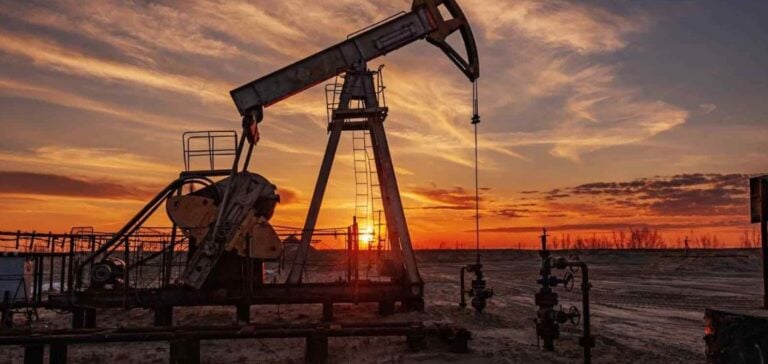According to the latest projections from the Organization of the Petroleum Exporting Countries (OPEC), world oil demand should reach 104.5 million barrels per day on average in 2024, with an estimated growth of 2.2 million barrels per day over the previous year. This expansion is mainly attributable to strong demand for air transport and increased road mobility, particularly in the diesel and trucking sectors.
Regional trends and China’s role
Given these assumptions, most of this growth will come from economies outside the Organisation for Economic Co-operation and Development (OECD), with a notable expansion in China. OPEC had already made this observation since 2023. This surge in oil demand will be supported by the Middle East, other Asian countries, India and Latin America, among others. By contrast, OECD members are expected to make a marginal contribution to this growth, with demand rising slightly in Europe and Asia-Pacific.
Growth factors and uncertainties
Growth in oil demand is mainly driven by transportation fuels, especially jet fuel. This upsurge illustrates in particular the recovery in international air traffic in a post-pandemic context. However, these forecasts are still subject to many uncertainties, particularly with regard to global economic developments and mobility trends.
Outlook for 2025 and beyond
In 2025, growth in global oil demand is set to continue, albeit at a slightly slower pace. Transportation fuels will continue to play a dominant role, with demand for jet fuel growing strongly. However, concerns persist as to the sustainability of this expansion, particularly in the context of the global energy transition.
Continued growth in global oil demand for the year 2024 raises many questions about environmental sustainability and energy dependency. While some sectors continue to rely on fossil fuels, it is becoming increasingly urgent to explore alternatives and promote a transition to cleaner, renewable energy sources.






















